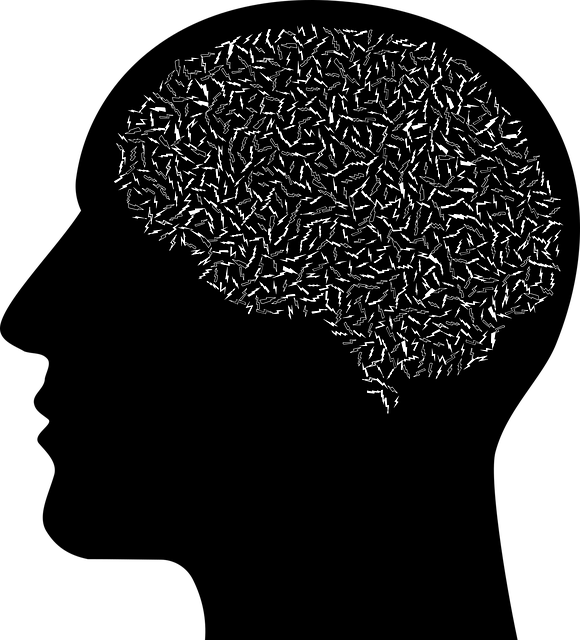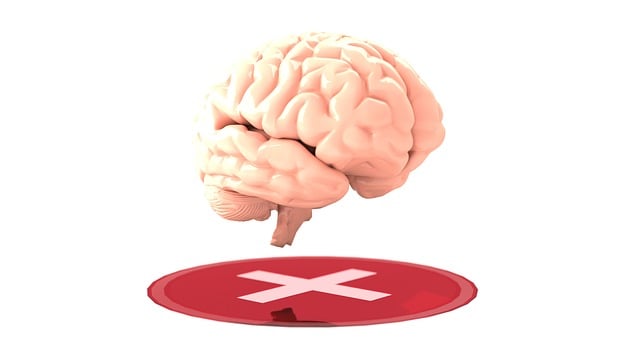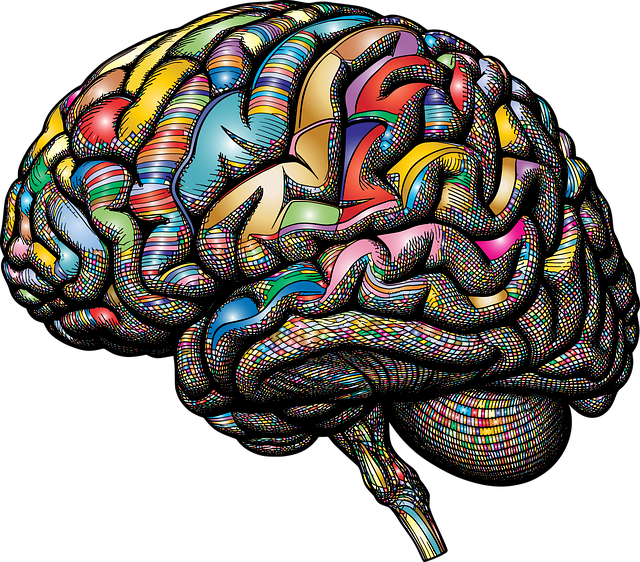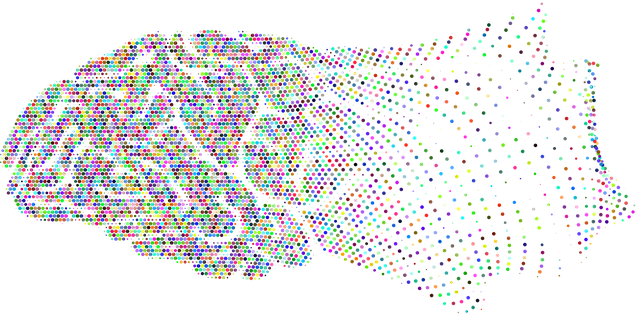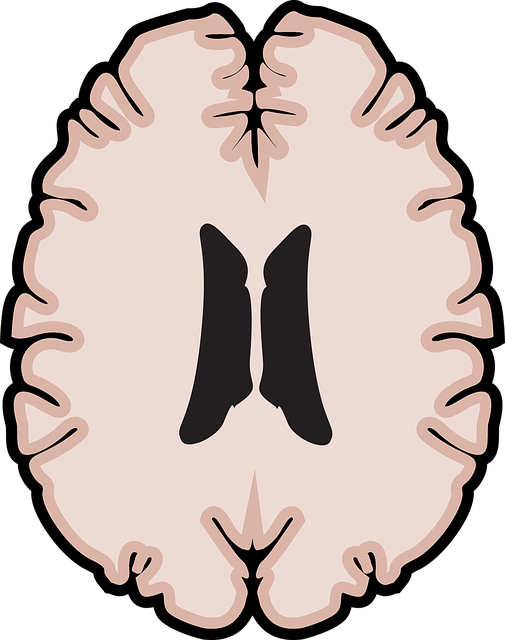Mental health diagnosis faces challenges due to diverse, complex neurobiological conditions, stigma, and subjective symptom reporting. While awareness grows, misdiagnosis persists. Parker Gambling Therapy (PGT) offers a revolutionary approach by combining advanced risk assessment with evidence-based strategies, improving diagnostic accuracy and preventing depression. PGT promotes open communication through coping mechanism training, destigmatizes mental health, and empowers individuals to take charge of their emotional well-being. Holistic education, community outreach, and burnout prevention further enhance diagnosis reliability, fostering a supportive environment for better mental health care.
Mental illness diagnosis accuracy is a critical aspect of healthcare, yet challenges like stigma, bias, and complexities hinder effective assessment. This article explores current diagnostic practices in mental health, delving into the novel Parker Gambling Therapy approach, which aims to enhance accuracy through structured assessments. We discuss evidence-based strategies and emphasize the importance of training and education for professionals. By leveraging these methods, healthcare systems can strive for more reliable diagnoses, ultimately improving patient care and outcomes. Key focus areas include the Parker Gambling Therapy, along with robust training programs designed to mitigate biases and improve diagnostic reliability.
- Understanding Mental Health Diagnosis: The Current Landscape
- Challenges in Diagnosis: Stigma, Bias, and Complexities
- Parker Gambling Therapy: A Novel Approach to Enhance Accuracy
- Evidence-Based Strategies for Improving Diagnostic Reliability
- Training and Education: Empowering Professionals for Better Assessment
Understanding Mental Health Diagnosis: The Current Landscape

Mental health diagnosis has come a long way, but challenges remain in ensuring accurate and timely evaluations. The current landscape is marked by a growing awareness of diverse mental health conditions, reflecting complex neurobiological processes. However, the intricate nature of these disorders often leads to misdiagnosis or delayed identification. This issue is further exacerbated by the subjective nature of symptom reporting, which varies widely among individuals.
The quest for improvement leverages evidence-based practices such as Parker Gambling Therapy, integrated with innovative tools like the Mental Wellness Podcast Series Production and structured interventions like Social Skills Training. Additionally, empowering individuals through Mental Wellness Journaling Exercise Guidance can facilitate self-awareness and communication during assessment processes. These collaborative efforts aim to navigate the labyrinthine aspects of mental health diagnosis, ultimately enhancing accuracy and accessibility to quality care.
Challenges in Diagnosis: Stigma, Bias, and Complexities

Diagnosing mental illness accurately is often a challenging endeavor, fraught with complexities that impact the overall effectiveness of treatment. One significant hurdle is the enduring stigma associated with mental health issues. This societal stigma not only prevents individuals from seeking help but also influences the way professionals approach diagnosis and treatment. Healthcare providers must be vigilant in setting aside preconceived notions and biases to ensure fair and accurate assessments, as these can lead to misdiagnoses or delayed treatment initiation.
Furthermore, the inherent complexity of mental health conditions adds another layer of difficulty. Many mental illnesses share similar symptoms, making it difficult to differentiate between them. This is where evidence-based practices like those offered by Parker Gambling Therapy become invaluable. By focusing on Mental Wellness and employing coping skills development strategies, professionals can navigate these complexities more effectively. Mental Illness Stigma Reduction Efforts play a crucial role in fostering an environment where individuals feel empowered to seek help without fear of judgment.
Parker Gambling Therapy: A Novel Approach to Enhance Accuracy

In the pursuit of enhancing mental illness diagnosis accuracy, a novel approach known as Parker Gambling Therapy has emerged as a promising strategy. This innovative therapy technique leverages advanced psychological assessment tools and evidence-based interventions to significantly improve diagnostic precision. By integrating dynamic risk evaluation with personalized treatment plans, Parker Gambling Therapy aims to mitigate the inherent subjectivity often associated with traditional diagnosis methods. The result is a more objective and comprehensive understanding of an individual’s mental health status, leading to timely and effective intervention.
Beyond enhancing diagnosis accuracy, Parker Gambling Therapy contributes to broader efforts in depression prevention and emotional well-being promotion techniques. Through its structured approach, it seeks to reduce the stigma surrounding mental illness, fostering a more inclusive environment where individuals are encouraged to seek help without fear of judgment. This holistic initiative not only promises to transform the diagnostic landscape but also empowers people to actively participate in their mental health journey.
Evidence-Based Strategies for Improving Diagnostic Reliability

Mental health professionals are continually striving to enhance the accuracy of mental illness diagnoses, ensuring that treatments are effective and tailored to individual needs. Evidence-based strategies play a pivotal role in this pursuit. One such approach is integrating structured clinical assessments with advanced psychological testing methods. By utilizing validated tools like the Parker Gambling Therapy (PGT) model, practitioners can gain deeper insights into patients’ thoughts, behaviors, and emotional patterns, leading to more precise diagnoses.
Additionally, fostering open communication between patients and therapists through conflict resolution techniques has proven beneficial. Encouraging individuals to express their feelings and experiences enables therapists to identify subtle cues that might be indicative of underlying mental health conditions. Moreover, promoting resilience and positive coping mechanisms, such as Mind Over Matter principles, can prevent or manage symptoms associated with depression, further improving diagnostic reliability by providing a holistic view of the patient’s well-being.
Training and Education: Empowering Professionals for Better Assessment

Mental health professionals play a pivotal role in accurately diagnosing and treating mental illnesses. To enhance diagnosis accuracy, there’s a growing emphasis on comprehensive training and education. This includes specialized programs that focus on advanced assessment techniques, such as those offered by Parker Gambling Therapy. By equipping practitioners with the latest research and practical skills, these initiatives aim to minimize misdiagnosis rates.
Moreover, institutions are integrating community outreach program implementations to raise awareness about mental health issues. Addressing burnout prevention among healthcare workers is also a key strategy since fatigue can negatively impact judgment and diagnostic precision. Fostering a culture that promotes open discussions on mental well-being, combined with the application of Mind Over Matter principles, contributes to creating an environment conducive to accurate diagnosis.
Mental health diagnosis accuracy has long been a challenging area, but with innovative approaches like Parker Gambling Therapy, significant improvements are within reach. By addressing the inherent biases and complexities in diagnosis, evidence-based strategies, and enhanced training, we can ensure more accurate assessments and better patient outcomes. Integrating these efforts is crucial to fostering a more inclusive and reliable mental health care system, where everyone receives appropriate support tailored to their unique needs.

